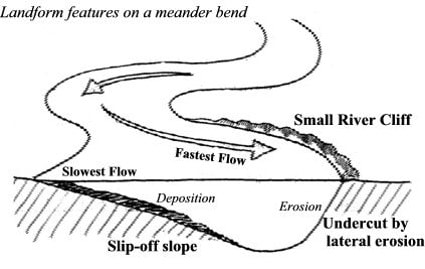

He interrupted a successful stud career in 1886 to win the Australian Cup, then as a 9 year old to win the Australian Grand National Hurdle of over 4800m and finally the Geelong Gold Cup as a 10 year old. Try this for a record: "In 1884 Malua won the nation's top races from 1100m up to 3200m, including the Newmarket Handicap 1200m, the Oakleigh Handicap 1000m, Adelaide Cup 2600m, and the 1884 Melbourne Cup 3200m. Apart from being a local horse (he was bred at Calstock stud in 1879 by John Field) he really was a remarkable animal which should be as famous as Phar Lap or Black Caviar. ^ TOP Things to See and Doīefore you start exploring Deloraine you should visit the Visitor Information Centre, pick up a copy of Sculptures of the Great Western Tiers and admire the statue of Malua which stands out the front. Sir Walter Scott was a relative of Thomas Scott. The town was named by the surveyor, Thomas Scott, after Sir William Deloraine, a character in Sir Walter Scott's poem "The Lay of the Last Minstrel" (1805). Locationĭeloraine is located on the banks of the Meander River 231 km north of Hobart ivia the Midland and Bass Highways, 51 km west of Launceston and 253 m above sea level. This is not entirely fair as the town has many interesting historic buildings and it is definitely worth spending time exploring the rich street sculpture and the sculptures that are scattered around the area as well as the town's unusual remnants of its nineteenth century prosperity: the oldest continuously used racecourse, a Baptist Tabernacle built with money raised from the sale of a prize ram and a mill designed by Tasmania's first native born architect. Located on the banks of the Meander River it is often promoted as an ideal location to use as a base while exploring Cradle Mountain, the attractions at Mole Creek, the north-west coast and nearby Tamar Valley. The second element of the name would have been derived from Greek ανδρος (andros) meaning "of a man".įinally, in Greek mythology, Meander was the patron deity of the aforementioned Maiandros river, after which he was named.Historic Tasmanian town on the Meander River.ĭeloraine has been classified as a National Trust town of historic significance.

The latter is ultimately derived from the Greek verb μαίομαι (maiomai) meaning "to seek (after/for)" as well as "to deliver". But, if it actually were a genuine Greek name, then the first element would either have been derived from the name of the Greek goddess Maia, or from Greek μαῖα (maia) meaning "good mother" as well as "midwife". This is strengthened by the fact that the river is located in an area that was never (natively) inhabited by peoples that spoke a hellenic language (such as Greek). Seeing as both of the sources mentioned agree that the river's original name was not hellenic in origin and that Maiandros is simply the hellenized form of the original name, the possibility of the name actually being a genuine Greek name seems quite unlikely. It said that it is most likely derived from (biblical) Hebrew me 'yim meaning "bowels, intestines" (although that word can sometimes also mean "womb, source of procreation"), thus basically giving the name the meaning of "intestine river". An other source theorizes that the river's original name was actually Semitic in origin. This source mentioned that in these three languages, place names often had the suffix -anda, thus implying that this same suffix must have been part of the river's original name. All three are extinct Indo-European languages, with Carian and Lydian belonging to the subgroup of Anatolian languages. One source appears to theorize that the river's name is a hellenized form of what might originally have been a Carian, Phrygian or Lydian name. The linguistic origin of the river's name is disputed - in other words, it is uncertain.

At the time, the river was famous for its numerous windings. But in ancient times, the river was located in Caria (in southern Asia Minor), with its source being in Phrygia. The latter is the Greek name for a river that is nowadays known as the Büyük Menderes river, which is located in southwestern Turkey. Variant spelling of Maeander, which is the latinized form of Μαίανδρος (Maiandros).


 0 kommentar(er)
0 kommentar(er)
